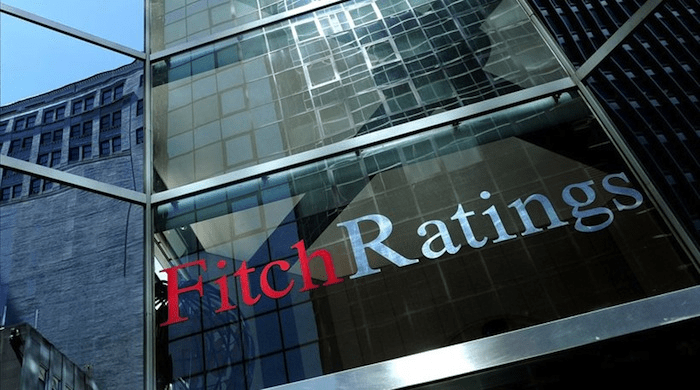
Audio By Carbonatix
Fitch Ratings has indicated it expects its portfolio of rated sovereigns to pay around $2.3 trillion in interest costs in 2023.
This represents a steep rise in interest spending since 2020, with a greater increase of 47% in developed markets (DMs), compared with 40% in emerging markets (EMs).
The trend reflects an end to the era of low inflation and, at least for DMs, a period of exceptionally low-interest rates.
Aggregate annual government interest payments by Fitch-rated DM sovereigns were fairly steady at around $900 billion to $1 trillion over 2007-2021, even though their median level of government debt/Gross Domestic Product jumped by around 20 basis points over the period.
This partly reflects the effects of steadily low-interest rates in DMs. In contrast, interest payments by EM governments have tended to increase in line with their debt ratios.
“We expect the increase in interest rates associated with the rise in global inflationary pressure in 2022 to affect most sovereigns around the world. However, the rise in interest costs will be greater for DMs than for EMs, in part because DMs benefitted more from low borrowing costs previously”, it stated.
“It also reflects our base case assumptions, under which DM central banks are projected to raise interest rates further in 2H23 in response to high and persistent levels of core inflation. Differences among EMs may be greater, but we believe many EM central banks will keep rates on hold over second-half of 2023, following significant monetary tightening earlier”, it added.
The trend among DMs is heavily influenced by the US, the largest sovereign debt issuer.
The rolling 12-month sum of federal government interest payments hit $616 billion in June 2023, surpassing $600 billion for the first time.
It had exceeded $500 billion for the first time only eight months earlier, in November 2022.
Fitch expects the rising interest burden and growing spending on entitlements to keep budget deficits high and government debt/GDP rising.
The rise in interest costs among DMs has been particularly notable in the UK, where interest payments on a 12-month basis reached 117 billion pounds in May 2023, double the level in the period to September 2021.
This reflects the high proportion of inflation-linked debt in the UK, which sped up the pass-through from inflation to interest costs despite the long average maturity of government debt.
Inflation index-linked debt accounted for almost 25% of UK government debt stock in 2023, while the next largest issuer of inflation-linked debt among the G7, Italy, had just 12%; France was the only other member with a level of over 10%.
Latest Stories
-
President’s New Year message lacked hope and sincerity – NPP’s Senyo Amekplenu
26 minutes -
Ebo Noah remanded pending psychiatric exam, to reappear on January 15
47 minutes -
Our public university system is falling down
50 minutes -
Ho Central Mosque under heavy security, worshippers forced to pray outdoors
1 hour -
An open letter to H.E. John Dramani Mahama: The audacity of the third shift
2 hours -
A new era of healthcare dawns in Kintampo: Mary Queen of Love Medical Hospital opens its doors
2 hours -
NDC gov’t has demonstrated strong fiscal discipline – Abdulai Alhassan
3 hours -
Heavily armed Burkinabè soldiers arrested in Ghana
3 hours -
Tamale Chief commends IGP Special Operations Team for crime reduction efforts
3 hours -
None of NPP’s 5 flagbearer aspirants is credible – Abdulai Alhassan
4 hours -
Police arrest suspect for unlawful possession and attempted sale of firearm
5 hours -
3 arrested in connection with Tema robberies
5 hours -
Your mouth on weed is nothing to smile about
5 hours -
25% university fees hike, what was the plan all along? — Kristy Sakyi queries
7 hours -
Some OMCs reduce fuel prices; petrol going for GH¢10.86, diesel GH¢11.96
7 hours

